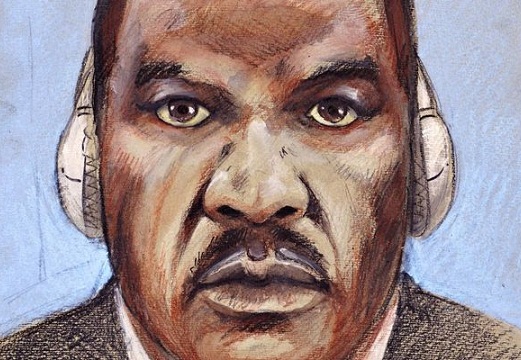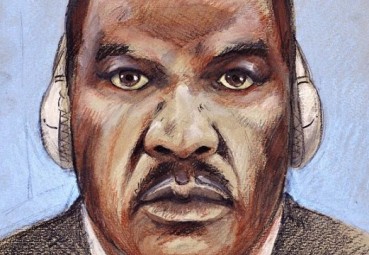
REDRESS and Survivors Fund (SURF) welcome verdict in first Rwandan Genocide trial in Norway 14 February 2013 – REDRESS and Survivors Fund (SURF) welcome today’s verdict in the case of Sadi Bugingo, accused of planning and supervising the murder of about 2,000 people during the 1994 Genocide in Rwanda and the first person to be tried in Norway for the Genocide.

A court in Norway sentenced him to 21 years in prison, the maximum sentence that can be
imposed under Norwegian law, for complicity in the killings. Bugingo, a former businessman in Rwanda, was arrested in the Norwegian city of Bergen in 2011. He has been living for more than a decade in Norway.
Bugingo was accused, among other things, of taking a leading role in planning and leading attacks against Tutsi civilians who sought refuge in a Catholic centre and municipal building in the former Kibungo prefecture in eastern Rwanda. Judges heard how Hutu militias surrounded the parish and municipal building, threw hand grenades at the houses and attacked men, women and children with guns, machetes, clubs and sticks.
“Today’s verdict is important because it sends a message: if you commit a war crime, crime against humanity, torture, or take part in genocide, you will be punished wherever you are and regardless of where the crime was committed,” said Juergen Schurr, REDRESS’ Legal Advisor. REDRESS is a human rights organisation that helps survivors obtain justice and reparations, and that has been working closely with Rwandan survivors to end safe havens for genocide suspects.
Bugingo was prosecuted in Norway under the principle of universal jurisdiction, which allows states to prosecute certain crimes under international law committed abroad. As genocide was not part of the legal code in Norway in 1994, Bugingo was tried for murder and participation in murders, not genocide. He pleaded not guilty to the charges and today
appealed the verdict.
“Today, justice has prevailed, to the relief of survivors. While we welcome the sentence, we would encourage the participation of victims in such proceedings, including the ability to claim reparation. We also regret that the current Norwegian legislation did not allow prosecution for genocide but for ‘murder’,” said Albert Gasake, Legal Advocacy Coordinator of Survivors Fund (SURF), an international organisation which represents and supports survivors of the genocide in Rwanda.
“We hope the decision encourages the many countries around the world where genocide
suspects are currently living with impunity, including the UK, to follow Norway’s example, as it probes that this type of trial is possible and perpetrators of the most atrocious crimes can’t just walk free on impunity,” added Schurr.
Over 100 witnesses, most for the prosecution, testified during the trial, which lasted four
months. Bugingo is the second Rwandan Genocide suspect arrested in Norway, after
Charles Bangora, who was arrested in 2011 as he tried to enter Norway on false papers.
